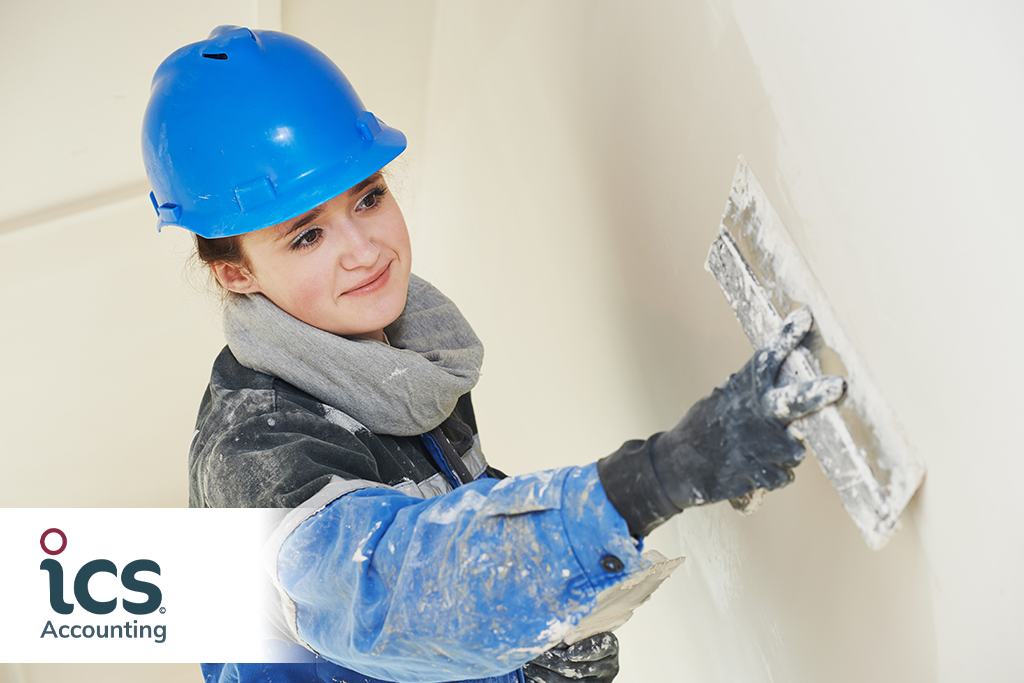Who will be impacted by the changes?
Businesses that are involved in the buying and selling of construction services are likely to be affected. It will not apply to zero-rated supplies of construction services.
What are the changes?
This new measure relating to the reverse charge of VAT for building and construction services will come into effect on 1 March 2021.
The measure will, for certain supplies of construction services (‘specified services’), mean that the customer will be liable to account to HMRC for the VAT in respect of those purchases rather than the supplier (the ‘reverse charge’).
The reverse charge will apply through the supply chain where payments are required to be reported through the Construction Industry Scheme (CIS) up to the point where the customer receiving the supply is no longer a business that makes supplies of specified services – these businesses are referred to as end-users.
The reverse charge will include goods, where those goods are supplied with the specified services.

How will the changes impact construction businesses?
The impact on the industry is potentially significant. In the first instance, construction businesses must adapt their accounting systems to process reverse charge supplies then make ongoing checks to ensure that supplies and purchases are correctly treated.
It should also be noted that some businesses may suffer a loss of cash flow where VAT is no longer charged. This is because they will no longer be able to use the VAT they collect from customers as working capital before they pay it over to HMRC.
To make a determination on whether the reverse charge applies contractors will have to disclose to their subcontractor whether or not they are at the end of the supply chain.
In some instances, this information could be commercially sensitive. If the end-user does not provide its supplier with confirmation of its end-user status, the end-user will be responsible for accounting for the domestic reverse charge.
Depending on the type of construction services being provided they could be subject to VAT at the standard rate of 20%, the reduced rate of 5% or zero-rated. Under the new reverse charge, the recipient would be responsible for identifying the correct VAT treatment of a service provided to them by another contractor, which may not always be simple to verify.

What action should businesses take:
Ahead of the changes in March 2021, construction businesses should:
- Review supplies made to and from other VAT registered contractors to establish where the reverse charge may arise.
- Consider any changes required to their accounting systems to record the reverse charge.
- Consider the impact on their cash flow due to not receiving VAT from their customer.
Require More Information?
If you have any questions on the VAT reverse charge please contact us today on 0800 195 3750 or email info@icsuk.com.


















